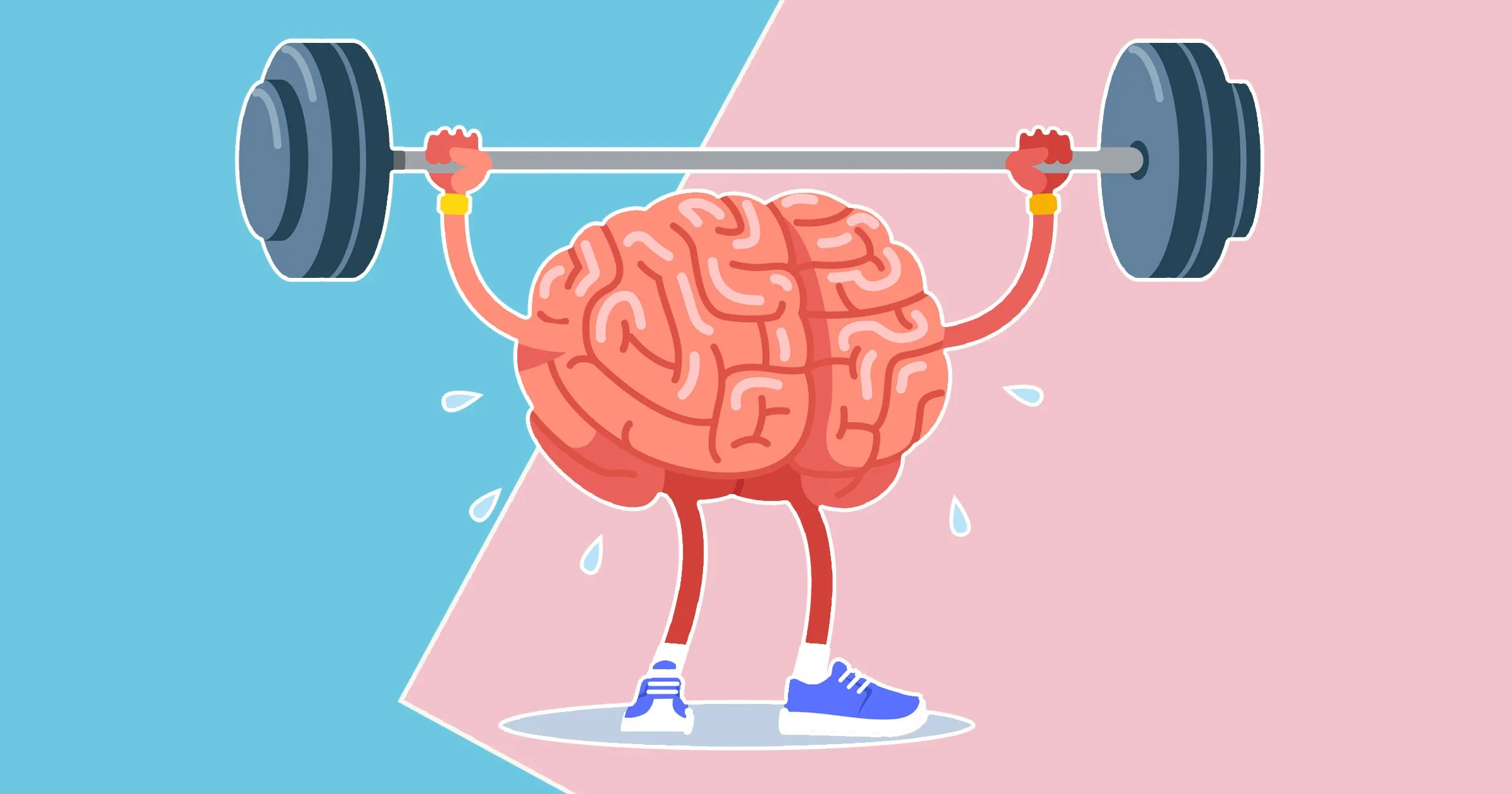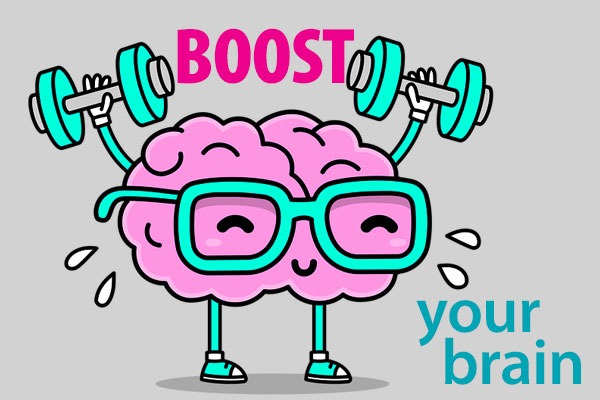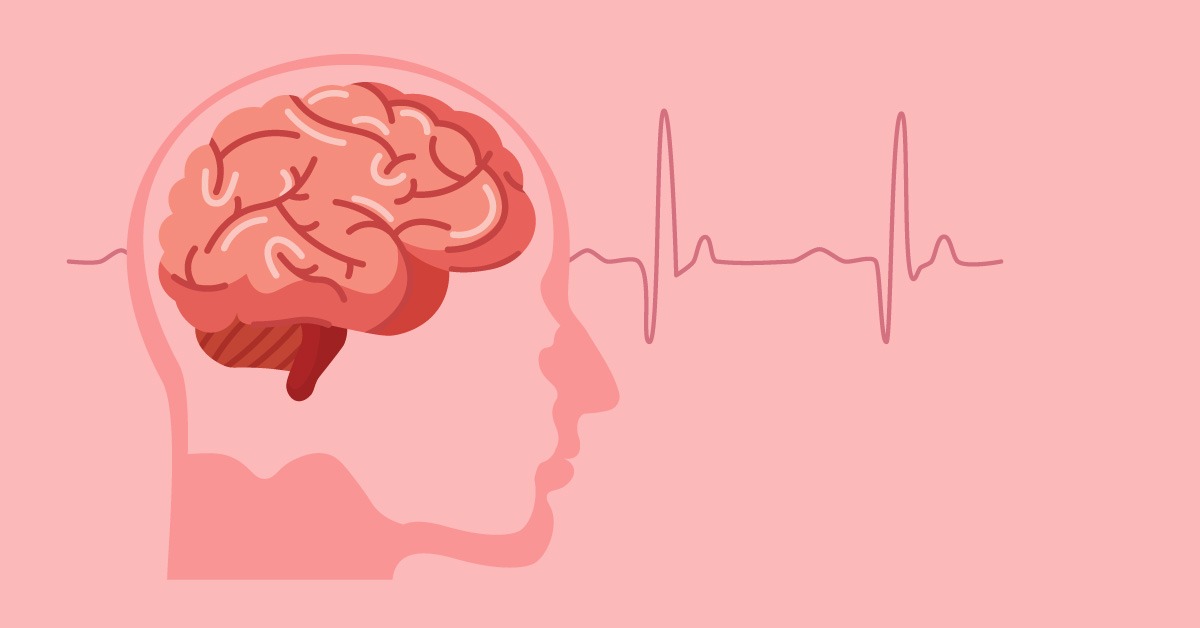Brain health is a crucial aspect of overall well-being, affecting everything from cognitive function and emotional regulation to physical coordination and memory. As we age, maintaining a healthy brain becomes increasingly important to preserve our quality of life and independence. This article explores the factors that influence brain health, the importance of a healthy brain, and strategies to keep your mind sharp and functioning optimally throughout life.

The Importance of Brain Health
The brain is the command center of the body, responsible for controlling thoughts, memory, emotions, touch, motor skills, vision, breathing, and every process that regulates the body. A healthy brain is essential for:
- Cognitive Function: This includes processes such as thinking, learning, and problem-solving. A healthy brain ensures that these functions are carried out efficiently and effectively.
- Memory: Both short-term and long-term memory are critical for daily activities and overall functioning. A healthy brain helps retain and recall information as needed.
- Emotional Regulation: The brain plays a key role in managing emotions and stress. A healthy brain helps maintain emotional balance and resilience.
- Physical Coordination and Movement: The brain controls motor skills and coordination. A healthy brain ensures smooth and precise movements.
- Overall Well-Being: Mental health is directly linked to brain health. Conditions such as depression, anxiety, and other mental health disorders are often related to the functioning of the brain.
Factors Influencing Brain Health

Several factors influence brain health, including genetics, lifestyle, and environmental factors. While some aspects are beyond our control, many lifestyle choices can significantly impact brain health:
- Diet: A balanced diet rich in antioxidants, healthy fats, vitamins, and minerals provides essential nutrients for brain health. Foods such as berries, nuts, leafy greens, and fatty fish are particularly beneficial.
- Exercise: Regular physical activity increases blood flow to the brain and promotes the growth of new brain cells. Exercise also improves mood and reduces stress.
- Sleep: Quality sleep is essential for brain health, as it helps consolidate memory and clear out toxins that accumulate during the day.
- Mental Stimulation: Engaging in activities that challenge the brain, such as reading, puzzles, learning new skills, and social interaction, helps keep the brain active and healthy.
- Stress Management: Chronic stress can negatively affect the brain. Practices such as mindfulness, meditation, and relaxation techniques can help manage stress levels.
- Avoiding Harmful Substances: Limiting alcohol consumption and avoiding drugs and tobacco can protect brain health. These substances can cause damage to brain cells and impair cognitive function.
Strategies for Maintaining Brain Health
Maintaining brain health involves adopting a holistic approach lunatogel that includes diet, exercise, mental stimulation, and healthy lifestyle choices. Here are some effective strategies:
1. Eat a Brain-Healthy Diet
A nutritious diet is fundamental to brain health. Consider incorporating the following foods into your diet:
- Fatty Fish: Rich in omega-3 fatty acids, which are essential for brain function and development. Examples include salmon, trout, and sardines.
- Berries: Blueberries, strawberries, and other berries are high in antioxidants, which help protect brain cells from damage.
- Nuts and Seeds: Sources of healthy fats, antioxidants, and vitamin E, which are beneficial for brain health. Walnuts, almonds, and flaxseeds are excellent choices.
- Leafy Greens: Vegetables like spinach, kale, and broccoli are packed with nutrients that support brain health, including vitamin K, folate, and beta carotene.
- Whole Grains: Provide a steady supply of glucose, the brain’s primary energy source. Whole grains also contain fiber and B vitamins.
- Avocados: High in monounsaturated fats that promote healthy blood flow to the brain.

2. Stay Physically Active
Regular exercise benefits the brain by increasing blood flow, reducing inflammation, and promoting the release of growth factors that support the survival of brain cells. Aim for at least 150 minutes of moderate aerobic activity or 75 minutes of vigorous activity each week, combined with muscle-strengthening exercises.
3. Prioritize Sleep
Sleep is vital for cognitive function, memory consolidation, and overall brain health. Aim for 7-9 hours of quality sleep each night. Establish a consistent sleep routine, create a relaxing bedtime environment, and avoid stimulants like caffeine and electronic screens before bed.
4. Engage in Mental Stimulation
Keep your brain active and engaged by challenging it with new and stimulating activities. Some ideas include:
- Learning a new language or instrument
- Playing strategy games or solving puzzles
- Reading books or taking up a new hobby
- Participating in social activities and discussions
5. Manage Stress
Chronic stress can impair brain function and lead to mental health issues. Effective stress management techniques include:
- Mindfulness and meditation: Practices that help calm the mind and reduce stress.
- Deep breathing exercises: Simple techniques to relax and reduce stress levels.
- Physical activity: Exercise is a natural stress reliever.
- Social support: Spending time with friends and family can provide emotional support and reduce stress.
6. Avoid Harmful Habits
Certain habits can negatively impact brain health. Avoiding these can help protect your brain:
- Limit alcohol consumption: Excessive drinking can damage brain cells and impair cognitive function.
- Avoid smoking: Tobacco use is linked to cognitive decline and an increased risk of neurodegenerative diseases.
- Be cautious with medications: Some medications can have side effects that affect brain health. Always consult with a healthcare provider before starting or stopping any medication.
Conclusion
Maintaining brain health is essential for overall well-being and quality of life. By adopting a healthy lifestyle that includes a nutritious diet, regular exercise, adequate sleep, mental stimulation, and effective stress management, you can support your brain’s function and longevity. Protecting your brain health today can lead to a sharper, healthier mind tomorrow.
Read More Article About “Cocoa Powder: Decadent Desserts and Indulgent Delights Await“



